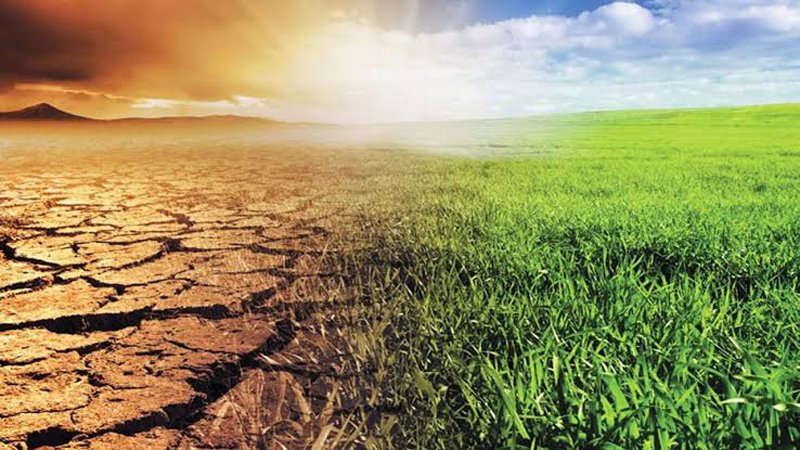Government of Sindh is taking an active stance against climate change by developing a new subject in higher education facilities aimed at raising awareness about this important issue.

The government of Sindh is taking an active stance against climate change by developing a new subject in higher education facilities aimed at raising awareness about this important issue.
Universities have been urged to prioritize educating students about climate change by the Minister of Universities and the Environment. The minister emphasised the need for students to be educated on climate change because the province is already experiencing its effects, such as extreme heat and drought.
Minister thinks that climate change subject in educational institutions will not only improve job prospects for students but will also aid in resolving significant environmental problems like hospital waste disposal, industrial waste management, and marine pollution.
He emphasised the fact that Pakistan is one of the nations suffering the most from climate-related disasters and that raising awareness is essential to lessen the impact on future generations. The minister claims that climate change poses a serious threat to Pakistan’s food security and a recurring danger to the country in the form of natural disasters.
In Pakistan, “yield decreases in numerous essential food and cash crops, including cotton, wheat, sugarcane, maize, and rice” are anticipated over the next ten years, according to projections in the World Bank’s 2021 Climate Risk Country Profile.
The international community has identified climate change as the greatest threat to the planet and its inhabitants, and the minister believes that immediate action is necessary to prevent further damage.
According to a UN expert, human-induced climate change is the biggest, most pervasive threat to the planet’s ecosystems and societies that has ever existed, and the poorest nations are suffering the most.
Droughts that are more frequent and intense, storms, heat waves, rising sea levels, melting glaciers, and warming oceans can all directly harm animals, destroy the habitats they rely on for survival, and have a disastrous impact on people’s way of life and communities. Dangerous weather events are increasing in frequency or severity as climate change gets worse.